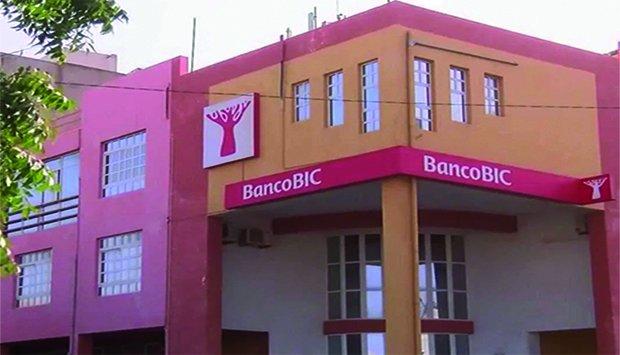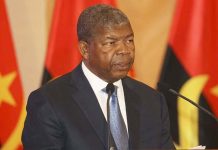Africa-Press – Angola. The Board of Directors of Banco BIC Cabo Verde (BIC-CV), majority-owned by Angolan businesswoman Isabel dos Santos, explained yesterday that the new regulatory framework in the archipelago, which ends offshore banks, led to the decision to leave from the country.
According to a statement from the bank, the revocation of the license is not the result of any sanctioning act or process resulting from behavior with consequences for such a sanction, but of an internal decision, which provides for the non-continuity of the exercise of its activity in the Cape Verdean market. verdian.
The statement also recalls that the regime that allowed that institution to operate since 2014, as a credit institution with restricted authorization, only for foreign customers, framed the activity in a regulatory framework with tax incentives, as is the case in many countries.
The current dimension of the banking business in Cape Verde, determined that the BIC universe should reposition itself in terms of its decision to remain in the market, a fact that led the management of that financial institution to freely choose not to proceed with the request for reconversion of the license, which could have done so until the end of 2021, thus avoiding any type of sanction derived from a measure of administrative offense by the courts.
It should be remembered that the Bank’s authorization was revoked pursuant to number 2 of article 2 of Decree-Law no. -Verdian, which puts an end to offshore banks, which operated only with foreign clients.
financial settlement
The next step will be the liquidation process of the financial institution, under the terms of the law of that archipelago, despite the data presented by BIC-CV, revealing profits of six million euros in 2019, an increase of 14.8 percent compared to the previous year. , with only 11 workers.
In 2021, the bank’s management revealed that it had asked Banco Cabo Verde (BCV) to transform the offshore company into a bank for clients residing in the archipelago, but to no avail. The information was contained in the bank’s 2020 report and accounts, which reported losses of almost 2.9 million euros.
“Despite the difficulties, the shareholders requested from the Bank of Cabo Verde, the decision to transform Banco Bic from an institution with “restricted authorization”, to a bank with “generic authorization” and, in this way, enable financial operations to be carried out. also with resident customers”, reveals Fernando Teles in the report and accounts.
According to previous information from the BCV, Isabel dos Santos holds, indirectly, through Santoro Financial Holdings, SGPS, SA and Finisantoro Holding Limited, 42.5 percent of the share capital of Banco BIC Cabo Verde, although “not exercising any function in the governing bodies of the institution”.
The BCV confirmed, in December 2020, that it had received the resolution of the management of Banco Privado Internacional, one of these four offshore banks, for its liquidation and that it was a decision of the shareholders.
The same happened later with the Portuguese Montepio Geral Cabo Verde, while the Banco de Fomento Internacional (BFI) in the meantime concluded the transformation to a bank with generic authorization.
In addition to the four banks that operated with restricted authorization until December 31, 2021, Cape Verde has seven more commercial banks with a generic license (to which the BFI is now added).
Local authorities extended the deadline for closing banks with restricted authorization by one year, forcing them to adapt to the new rules until December 31, 2021, as previously approved.
For More News And Analysis About Angola Follow Africa-Press






